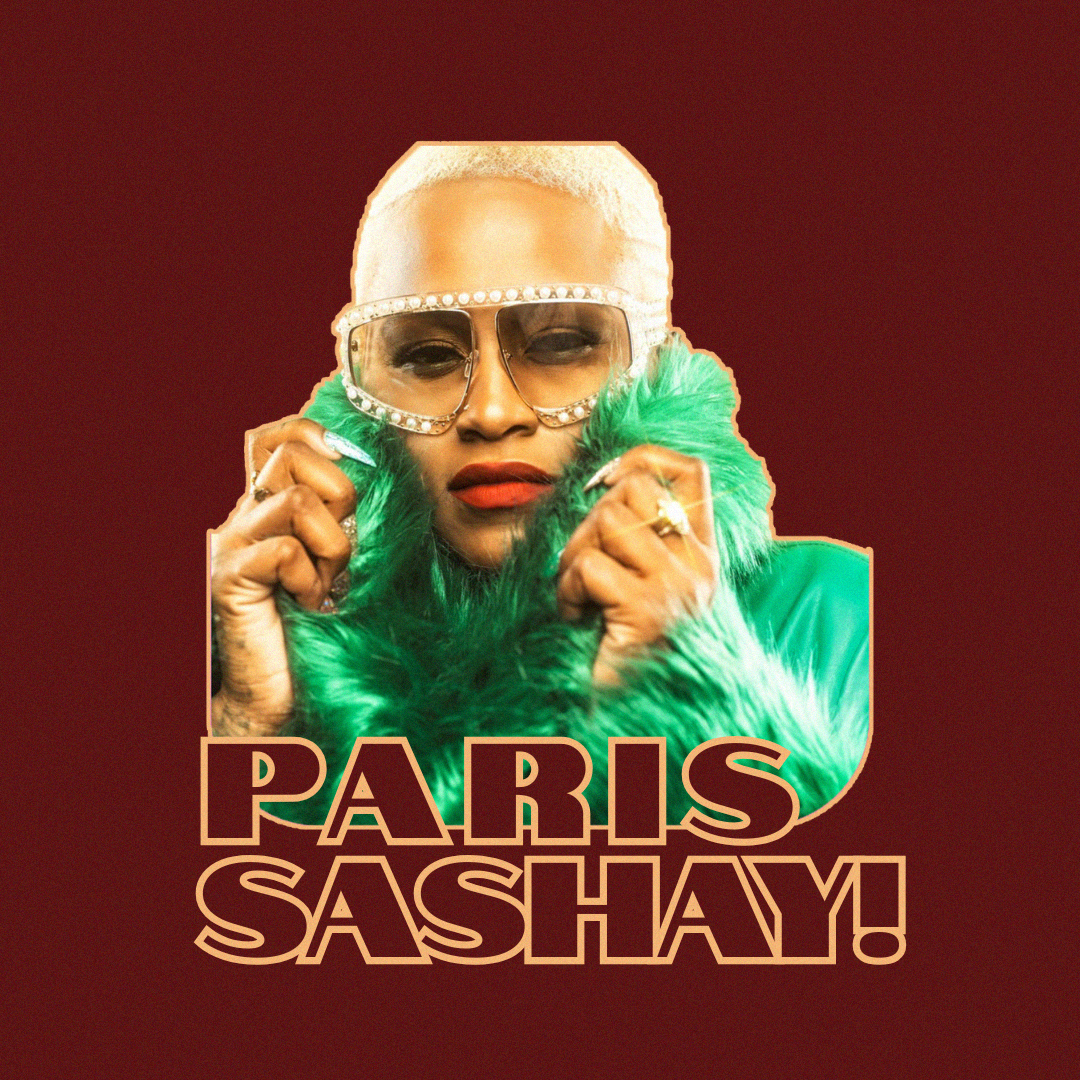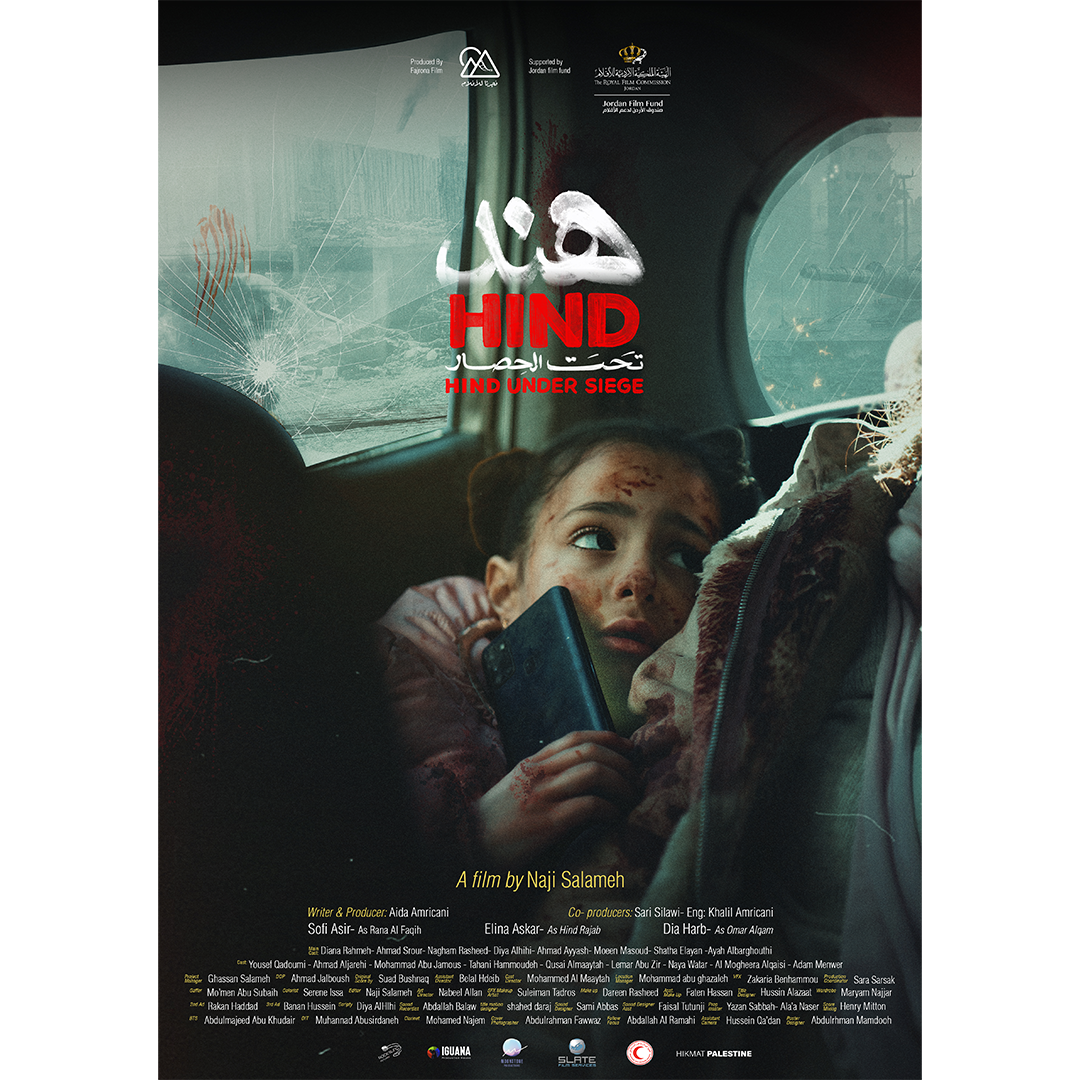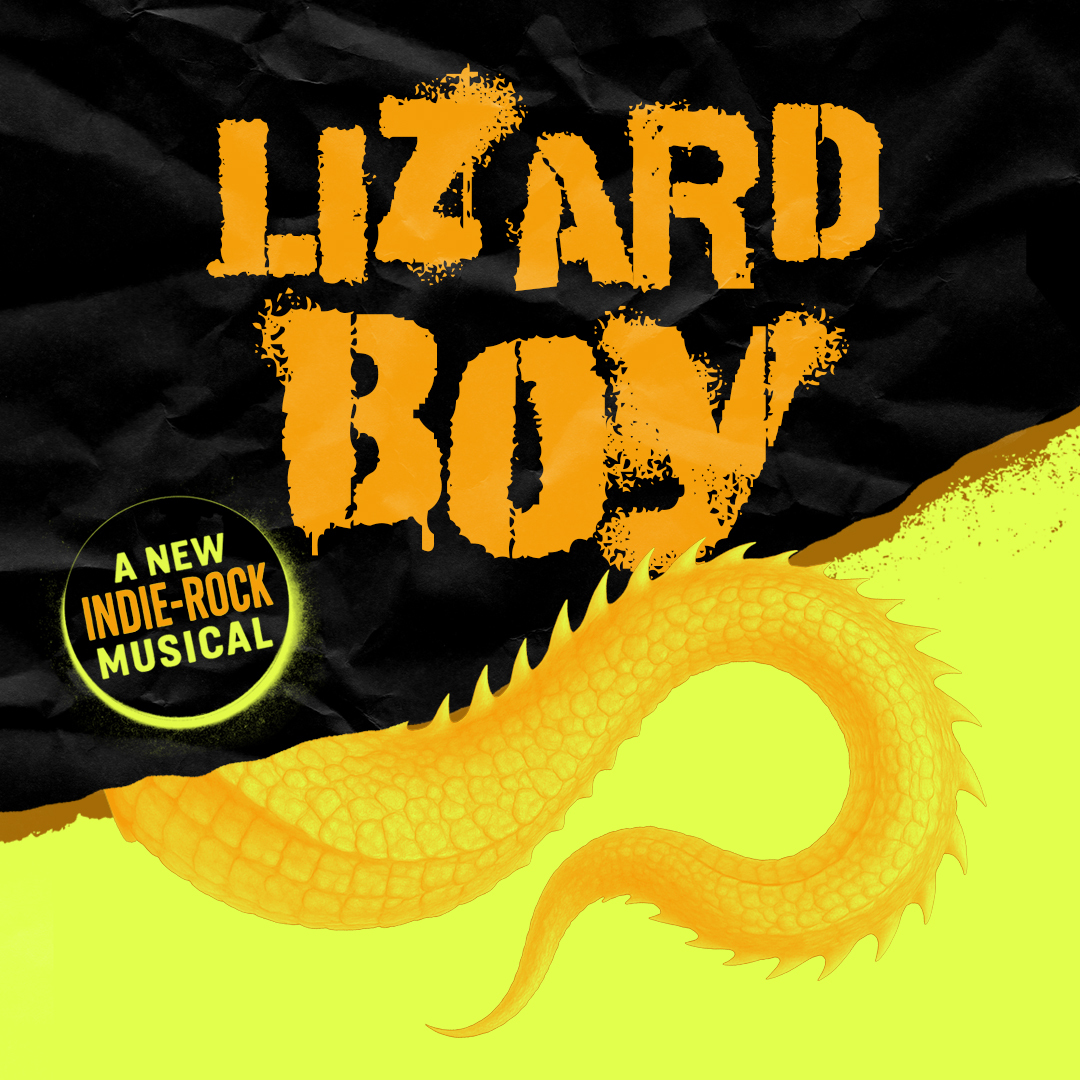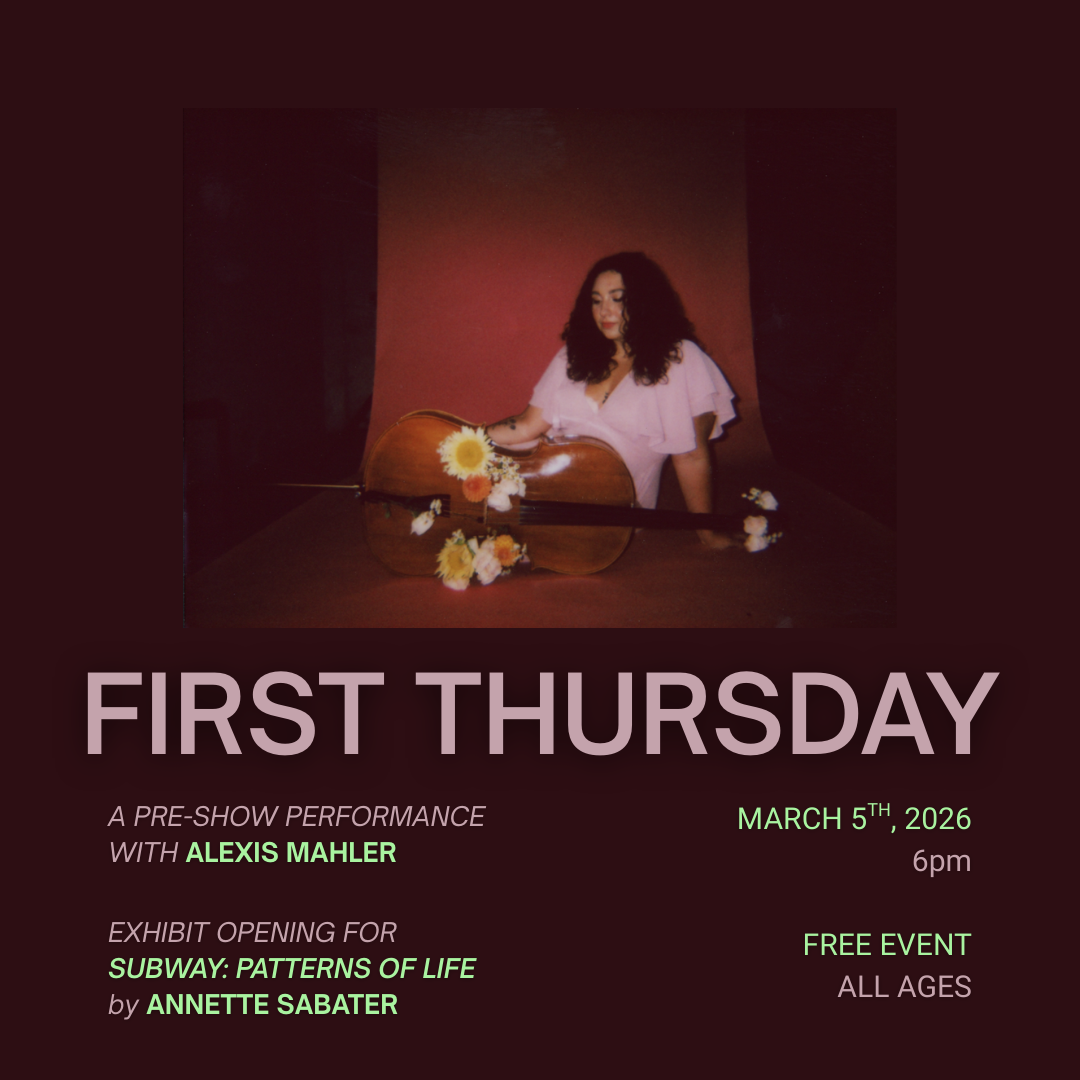An Interview with Adam Bock
Portland Center Stage at The Armory’s relationship with Adam Bock, author of A Life, is rooted in a longtime partnership between him and Associate Artistic Director Rose Riordan. Their relationship extends back nearly fifteen years, when they first worked together on Bock’s play The Thugs, which was featured at JAW: A Playwrights Festival in 2005. Since then, four of Bock’s plays have been produced at The Armory and three of his scripts have been developed at JAW, all directed by Riordan. A Life was commissioned by Portland Center Stage and developed at JAW in 2014. It is the fifth Bock play to be produced at The Armory, following its world premiere in 2016, starring David Hyde Pierce, at Playwrights Horizons in New York. This production is the West Coast premiere.
You’ve described Portland Center Stage as “a second home.” Can you talk about your relationship with this theater?
When I started my career, I was looking for places that I would like to do my work consistently. And this place, surprisingly, became one of them. The first time I came to JAW, I met Rose, we got along and she did The Thugs. And then she went out to another small theater, Coho Productions, and produced The Thugs and then The Receptionist there. Then The Receptionist was produced here, followed by A Small Fire and Typographer’s Dream.
I’ve been lucky because one, I developed a relationship with Rose as a director but two, how you all do things here matters to me. I like the way you relate to your community — I think that’s really important — the community part is almost as important as the theater, but the theater has to be good. And I’ve had beautiful productions here.
I like the lifestyle here. I like the food. I shop when I’m here. I love the Pearl district and the Mark Spencer Hotel. I have a deep relationship with Laura Faye [Smith], Sharonlee [McClean], Kelsey [Tyler], and a bunch of actors in the area that I’ve known for years now, because I started coming in 2004 so that’s 14 years. And people on the staff that I’ve known forever. It’s really comfortable; people are really sweet and happy to see me.
Often you can feel like you’re floating out in the ether when you’re a writer: “If I send them something, will they read it?” When I send work here, they always say, “Of course, we’ll read it.” It’s exciting to know that if I need to develop something, I can send it to you and say I need help. It’s great to have places that do that.
Director Rose Riordan is known as a champion of playwrights. What is it like to work with her?
She’s the best and completely herself as a director. She’s so smart, funny and makes beautiful work. I talk without being afraid that she won't be interested. The other night, we started talking about A Life and I was babbling on and she was perfectly happy to be sitting with me while I was doing it. It’s very lucky to find someone who is interested in solving similar problems. She supports my process by giving me space. She doesn’t say a lot about “you should do this or that.” It’s really more about “What were you trying to do?” and that’s a very different question.
What does it mean to you to receive a commission?
We, as playwrights, are self-generators. We almost always have to set our own deadlines and to figure out what we’re going to write. And to figure out how we are going to support ourselves while we do it. When someone says “I want to commission you,” they’re saying, “I’d like to give you some money to buy you some time.” Which is huge. Also, “We’d like to read it and help you develop it once it’s finished.” Also huge because suddenly I’m not alone in this generative period.
How does Rose coach – or not – you through the development process?
What’s interesting is that she doesn’t. She does by giving me space. She doesn’t say a lot about “you should do this or that.” It’s really more “What were you trying to do?” and that’s a very different question.
When working with a director, if they let me be the writer and I let them be the director, that’s the best. I know there are times when I’ll go into a rehearsal process and I’ll forget that I’m not the director and I’ll start making suggestions – that must be so irritating. I remember I was having a play produced and it was tech and there was a great multi Tony award-winning lighting designer who was putting up the lights and I said, “That’s kind of dark.” He said “It’s not finished.” And I said, “Oh, I’m really sorry. I was pretending I was a lighting designer.” Every now and again, I’ll pretend I’m a director, but I’m thrilled when directors don’t pretend they are writers and let me do the thing that I have been working hard to learn how to do. That takes a lot of trust on both sides and a lot of discipline to not bleed over into someone else’s work. Rose and I are really good about letting each other figure out what we need to figure out. I trust her.
You’ve always been very outspoken about your identity as a gay writer. How does being gay inform you as an artist?
It has to. I remember when I first got that question about 20 years ago and they said “do you mind being called a gay writer?” and I was like, “what else would I be called?” And I actually sort of refused the embarrassment that you – whoever – has about asking that question. Why wouldn’t I? I’m proud of being gay. It’s a perspective I have in the world that it’s my job to show what I see and how could I cut that out?
We see a lot of younger gay people represented, we see a lot of flashier gay people too and I wanted to show someone older who, like so many guys I know, is just walking through the world and happens to have this extra thing of being gay that has complicated his life in some way. I wanted to make a character that might feel like someone you knew or someone that could be in your family. And you can start recognizing he’s just another person.
Just as our culture is racist, it's also homophobic. Homophobia’s just built into the system we live in. We breathe it. I don’t think that straight people really know the impact it has and I don’t think gay people really know the full impact it has had on us. It feels important for me to explore that. Because everyone has gay people in their lives.
You’ve said “The question is, if we let the world happen, are we missing something?” How does the practice of detachment and your spiritual beliefs bleed into this play and what that means for you philosophically?
They all talk about “Be here now.” It’s the goal of Buddhism and so many religions. It’s the goal of yoga. It’s the goal of trying to be where you are rather than in your head. Instead of assuming that you’ve got to fix your life, it’s looking at your life and realizing maybe its ok. And then I can move on to something else instead of gnawing that I’m 10 pounds overweight or gnawing at the fact that I’m single or not rich enough.
Astrology features prominently in A Life. What draws you to it?
I had a little nervous breakdown after I finished grad school about why things weren’t working out according to the rules of studying. I thought I could get everything out of a book. Or if I didn’t [find it in a book], I thought about stuff. And I was like, “Thinking doesn’t work.” And then what do you do when thinking doesn’t work? I’d been very well educated and it wasn’t working.
I had been living upstairs from an astrologer and she said there is another way to think about the world. One of the big things I found out was that not everyone thinks the same way. Each sign has a different goal and a different way of looking at the world. I would say, “Why did that person do that?” and she would say, “Well, he’s a Leo! He wants attention. You’re a scorpio, you don’t want attention and you’re going to do things differently.” And I was so narcissistic that I thought everybody did it for the same reasons. That was the main thing for me – it let me know that people were different and had different impulses. That Cancers wanted to be secure. And it wasn’t necessarily right, but some people want to be secure and other people want money and other people want revenge.
It also did two things for me: one, if I ask you your sign, I can say things to you and you’ll say yes or no and I find out loads of stuff about you. It’s a great entry point to chat. And two, people, surprisingly with astrology, will tell you secrets. I can’t tell you how many times I have said to someone “What sign are you?” and they say “I’m a Leo” and I say “what else?” and they lean in.
It’s mostly to acknowledge that there are different ways of thinking about the world. If you are exclusively Christian, you are missing some stuff. If you are exclusively Ivy League, you are missing stuff. If you are exclusively an athlete, you are missing something. There are all different ways of understanding the world. There are a myriad of different ways to look at the world and if you aren’t having success with one, then there are plenty of different ways to go and help you find out what you need to know.
Do you get your charts read often?
Every now and then.
Do you find yourself referring to your charts?
Every now and then, but I try not to do it too much cause I can get really obsessed and irritating. [laughs] I try not to do it as much as I used to. But when I was a waiter, I used to ask at every table, I would guess their sign and I got them about a third of the time which is way more than I should have. So, that made me think, “oh, maybe this is true.”
You are Canadian, but you’ve been in the States a long time – do you find that that still informs you as a person and as a writer?
It does. It’s all part and parcel for me because I am English from Montreal, which was English ruled when I was a kid, but in the middle of Quebec which is French in the middle of Canada, which is English. So, I’ve always understood the idea of being an “other” inside. So, I was gay inside a straight world. I was an English-Canadian inside a French province. I’m now a Canadian in America. It gives me a little bit of distance to say, “Huh. That’s not how Canadians would do that.” Sometimes Americans do it better, sometimes Canadians do it better. But it also implies that the way it’s being done isn’t the only way you can do it, which is the goal of my whole life as a gay man. I have to believe in that because ever since I was a little kid, I was told I would have to get married and have kids and be a straight guy, and I was like, “There has got to be a better way.”
Your plays are known for not conforming to the typical dramatic structure. How would you characterize your approach as a playwright?
I remember saying a long time ago in Typographer’s Dream, “if you change the way the story of the world is told, the world itself has to change.” And that’s what we do as playwrights. We say something different and then suddenly people can’t see it the old way anymore.
You’ve often said you write plays from intuition as opposed to logic. What do you mean when you say that?
I’ve never been a very logical person. Whenever I was writing an essay for school, my teacher would say, “You just did a whole bunch of jumps in logic” and I would say, “Well, why do we have to explain that stuff? We know that this goes to this.” What’s great about plays is you can leap and then pull your audience with you – they ignore logic sometimes. Which is lucky, because we’re making stuff up. Many times, I’ve written a play and an actor will say “Why does that happen?” I’ll say, “I don’t know – I made it up!” It’s make-believe and they are expecting to have logic.
Intuitively, what I do is follow my feelings and intuitively feel, “Oh, at this moment, we’ve done enough of this for a while, we need to do something different.” Or the audience will start to zone out or go into a dream world that I don’t want them in. It’s always a balance of logic, craft and intuition, but I start with intuition and go and craft it.
Do you story board the plot points?
Oh yeah. Every time. But then I fill it in by meandering between points. I have to, otherwise I would go like this - [makes gesture of veering wildly off track]. And that’s not worth it. Or we’re all lost.
What excites you about American theater right now?
Something that is really heartening is all the inclusion that is starting to finally happen. We’re recognizing that the world is broader than we thought it was. There are many, many, many, many more experiences in the world than the ones we’ve seen. That’s exciting and really fun to watch.
Interview by Alice Hodge, Marketing & Publications Specialist
Portland Center Stage is committed to identifying & interrupting instances of racism & all forms of oppression, through the principles of inclusion, diversity, equity, & accessibility (IDEA).

















